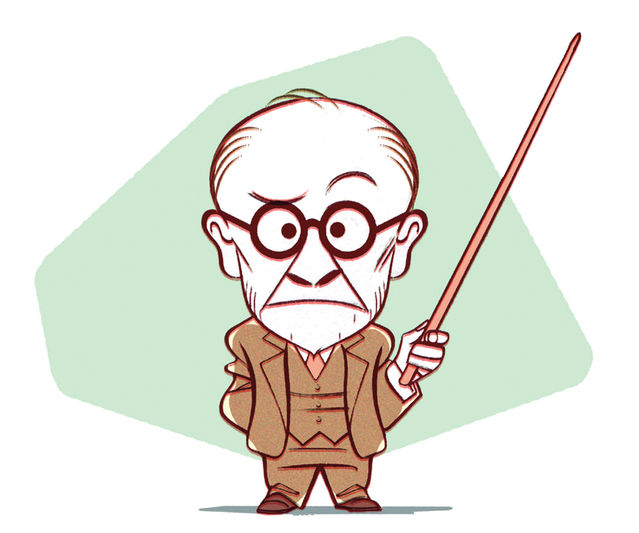Think Like a Shrink
Sharpen your people-reading skills.
By Jeremy Sherman Ph.D. published November 3, 2015 - last reviewed on June 10, 2016

It’s a matter of self-protection to size up strangers; we do it automatically. Still, you can consciously sharpen your people-reading skills. Here’s how to judge accurately and productively so you can be the secret psychologist you already think you are.

Read ’em like a book—open to interpretation.
Don’t pretend that your guesses about what motivates people are objective observations. They’re always refracted through your own biases.
Trust your gut, but train it.
First impressions, like any intuitions, are convincing but fallible. You won’t be able to ignore them, so train them instead.
To train your gut, use your head.
If you’re intellectually curious, every experience, story, idea, conversation, and argument is a window into human nature. Read broadly across the social sciences and apply what you learn to everyone, yourself included. A side benefit is that you become a better listener, motivated to hear others because their stories shed light on us all.
Everyone is an easy read to others.
When someone is struggling with a problem you think you could solve easily, remember that the problem looks simple only because it’s not your problem. We’re not expert people-readers just because we feel we know what everyone else should do.
Repeat: “I wouldn’t put it past me.”
Know the follies of humankind by introspection, because when we’re frustrated by other people’s faults, nothing vaporizes as quickly as the recollections of times when we exhibited similar behavior.

Don’t embrace “Butthead Theory.”
The most popular folk psychology theory is that unpleasant people are buttheads, a different species from good people like us. Sure, there are such jerks, but butting heads with people isn’t the criterion for judging who is one. After all, people who disagree with us often think we’re buttheads too.

Everybody’s got a thing, but some don’t know how to handle it.
People often say what they themselves, not others, need to hear. When, out of the blue, people talk a blue streak about something you didn’t ask about, they’re often trying to convince themselves. You can learn a lot about people by listening not just to what they say but why they say it.
Empathize.
Master the art of mirroring, which is the ability to make a convincing case for others, as though you were in their shoes. And don’t confuse empathy with sympathy, which implies that, having visited their shoes, you have to act on their behalf. Be able to empathize with horrible people, then deal with them.
Listen for loaded terms.
It’s common for people to pepper their conversation with words that sound neutral but are actually loaded. Listen for these and you’ll get a sense of both what people believe and how convinced they are of their own rhetoric. If they describe someone as stubborn (bad) or steadfast (good), as though they’re just calling a spade a spade, you can bet that they’re not good at distinguishing fact from opinion.

Beware the high-horse personality.
In arguments, some people quickly get on their high horse, pulling rank and acting not like advocates of a position but as the last-word judge of what’s true. They say, “You’re wrong,” rather than “I think you’re wrong.” These are people who don’t recognize that they’re engaging in interpreting reality too.
Ignore status.
Status makes people appear more credible, and in a way, they must be, since status is often earned by convincing a lot of people of one’s authority. Still, there are reasons to be skeptical about the credibility of high-status people. Status brings its own distortions—the urge to maintain it by saying whatever people want to hear and the confidence that convinces high-flyers that they no longer have to think carefully so long as they remain popular. When judging others, try your best to overlook status.
Confound your stereotypes with counter-examples.
James Brown had his backup singer break into an opera aria. For a while, his funky guitarist was a blond farm boy with a bowl cut. Brown aimed to shake up stereotypes; we should too. Cultivate exceptions to your rules about who does what.


Watch out for reaction formation.
Paradoxically, low self-esteem can make people act cocky, to compensate. When our confidence is shaky, even the gentlest criticism can feel like a full-on attack, to be deflected at all costs. This and other paradoxical behaviors, dubbed “reaction formation” by Freud, make people hard to read. “Sure” signs can signal one tendency or its opposite—arrogance to mask low confidence.
